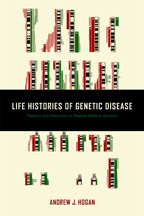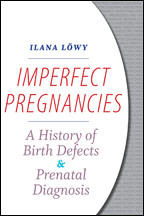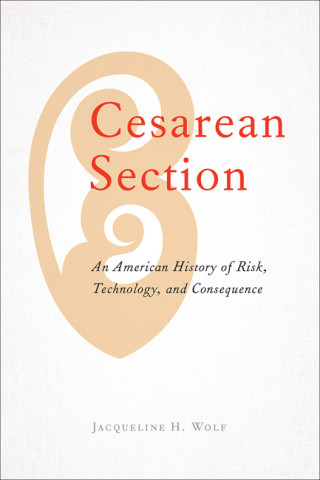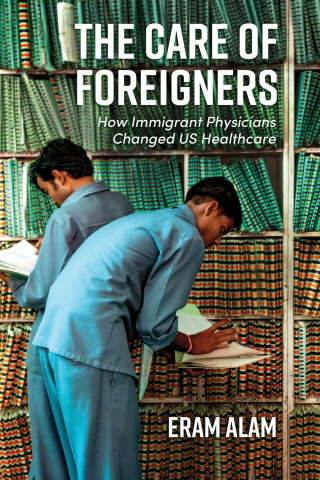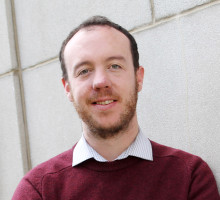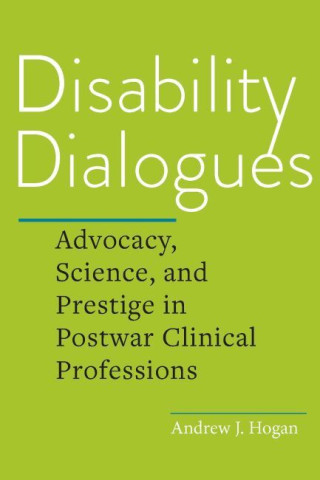
Reviews
Hogan makes some key arguments that will enhance history of medicine and disability studies canons....[including] some thought-provoking examples of how seemingly protective moves can paradoxically hinder progressive work in the lives of disabled people, examples that might give pause to some self-advocates and allies of the disability rights movement going forward.
Disability Dialogues makes an original, highly significant contribution to our understanding of the history of disability in the United States. This is an important, moving book that expanded my sense of this history and left me with creative, practical ideas about how to better support disabled people and disability rights across health care professions. It is essential reading for health care professionals and disability rights advocates, as well as for scholars and educators in the history of medicine and disability studies.
This book is a joy to read, because it is exactly the sort of careful historical analysis that we need. Dialogue and mutual respect between clinical professionals and disability advocates is literally a matter of life and death. I welcome this account because it will help build that. My father, who was a paediatrician at Boston Children's Hospital in the early 1960s would have loved this book, and so do I.
Disability Dialogues offers stimulating historical analysis of three contemporary American clinical professions—psychology, pediatrics, and genetic counseling—showing how disability consciousness and disability advocacy have unevenly permeated their missions and practices. Hogan successfully uses controversies over disability to illuminate regulatory and funding contexts, while highlighting the professional stakes in innovation and infighting.
Disability Dialogues presents the complex ways that the clinical professions promoted or resisted positive sociopolitical narratives of disability and how their interventions were influenced by disabled self-advocates challenging medical paternalism. A masterful and indispensable study, this book offers multilayered perspectives for seamlessly bridging disability history with the history of medicine and science.
With clarity and insight, Andrew Hogan shows how pediatrics, clinical psychology, and genetic counseling perceived disability advocacy as a challenge to their scientific status. Hogan calls for greater representation of disabled people in such professions. Centering the voices of disabled professionals and consumers, Disability Dialogues is an important and timely book for historians of science and disability scholars.
Book Details
Preface
Acknowledgements
Introduction. Disability Advocacy in Postwar America
Chapter 1. Clinical Psychology: Evolving Disability Perspectives and Advocacy
Chapter 2. Pediatrics: Moves Toward Leadership
Preface
Acknowledgements
Introduction. Disability Advocacy in Postwar America
Chapter 1. Clinical Psychology: Evolving Disability Perspectives and Advocacy
Chapter 2. Pediatrics: Moves Toward Leadership in Developmental Disabilities
Chapter 3. Genetic Counseling: Identity and Role in a New Clinical Field
Chapter 4. Advocacy Before Evidence? Disability Controversies in Clinical Psychology
Chapter 5. Developmental Disabilities and Subspecialization in Pediatrics
Chapter 6. Keeping the Conversation Open: Genetic Counseling, Disability, and Selective Abortion
Epilogue. The Need for Disabled Clinical Professionals
Notes
Index
